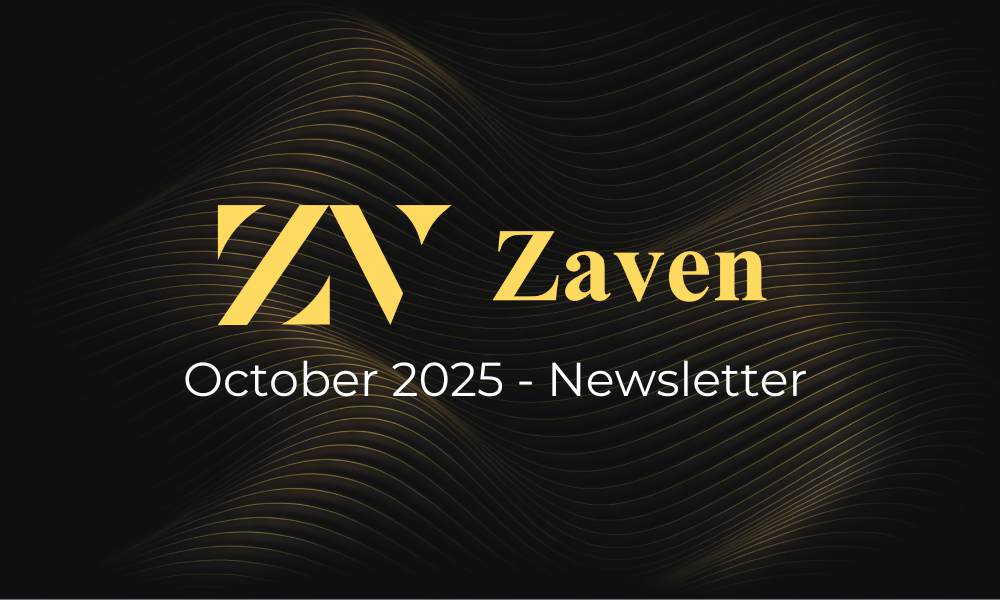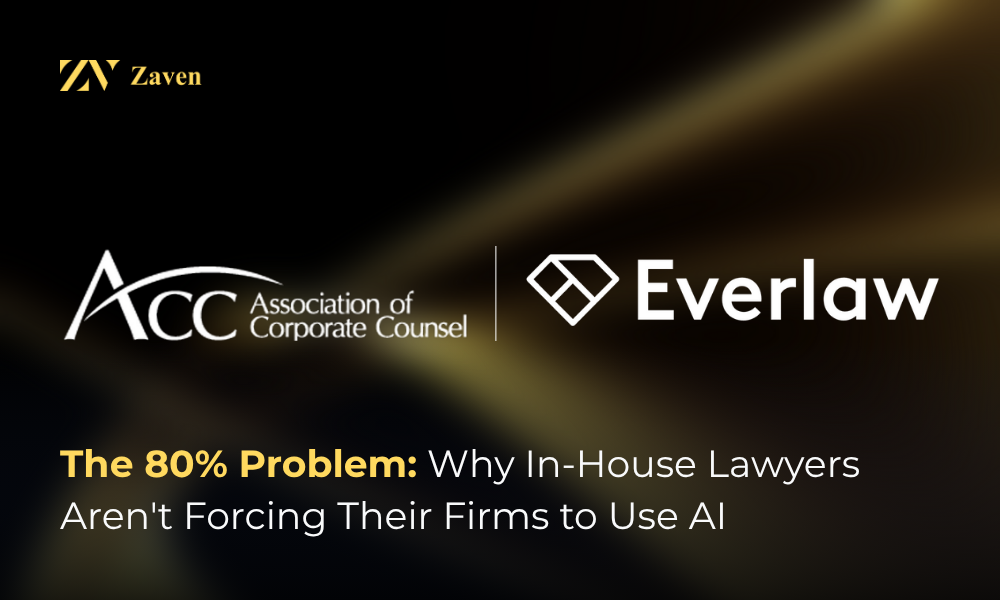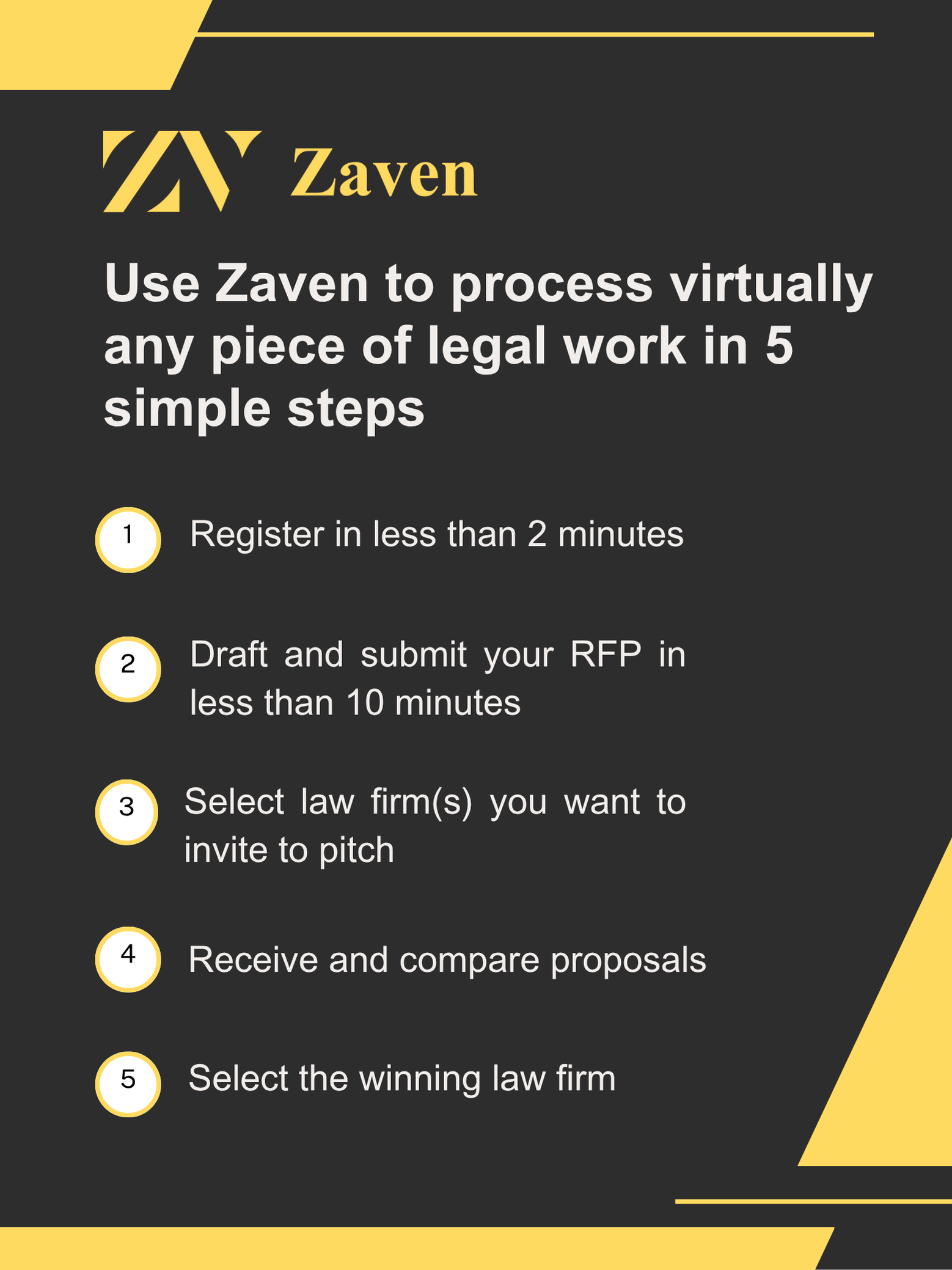Source: PEI
A new legal technology company founded by industry veterans is promising to dramatically reduce the time and money private equity firms spend on legal services, potentially disrupting the traditional relationship between PE firms and their outside counsel.
Industry Experts Create AI-Powered Legal Solution
SmartEsq, founded by former Paul Hastings fund formation partner Esther Chiang and financial technology specialist Kristen Gandhi, has developed an AI-powered platform specifically targeting mid-market private equity firms with in-house legal teams.
Chiang, who combines legal expertise with engineering training from Stanford, tells Side Letter that the platform’s initial seven modules could save PE firms as much as 80% of their legal costs and time.
Addressing Pain Points in PE Fund Formation
The platform includes specialized tools addressing common PE legal challenges, including:
- A drag-and-drop most favored nation tool that can generate a compendium of side letter requirements “in a couple of minutes”
- An LPA comment aggregation tool that automates tasks that typically “might take law firms a couple of days, at least, to aggregate”
Potential Cost Savings Are Substantial
According to a base case study conducted by SmartEsq, a $1 billion PE fund typically incurs approximately 2,000 to 3,000 billable hours from external law firms, translating to roughly $2-3 million in legal fees. The company claims its technology could reduce these costs by 80%.
Complementing Rather Than Replacing Legal Counsel
Despite the potential cost savings, Chiang emphasizes that SmartEsq aims to work alongside traditional legal services rather than replace them entirely.
“We are not aiming to replace lawyers, but using our technologies to elevate them – to give them a higher starting point,” Chiang explains. “While I’m sure that actually a lot of the PE firms would definitely be happy to pay lawyers for quality services… I think they probably wouldn’t mind having the ability to at least choose what services they are paying for.”
Part of a Broader AI Movement in Private Equity
The emergence of SmartEsq comes as private equity firms globally are racing to incorporate artificial intelligence into various aspects of their operations, from due diligence and dealflow to portfolio company evaluation and back-office functions.
With the first set of modules expected to become commercially available this quarter and plans to roll out 18 more in the near future, SmartEsq represents a significant step in the ongoing digital transformation of the private equity industry.
Industry Developments
In other industry news, GIC, the world’s third-largest private equity investor, has appointed Bryan Yeo as its new group CIO, replacing Jeffrey Jaensubhakij who will transition to an advisory role. The move positions Yeo as one of the most influential allocators in private equity, overseeing GIC’s 17% allocation to the asset class, representing around $130.9 billion in AUM.
Meanwhile, Hamilton Lane continues to pioneer tokenization in private markets, with co-chief Erik Hirsch telling analysts that the firm’s early adoption will “pay dividends in accessing retail capital at scale.” Hirsch views tokenization as offering simpler, faster, cheaper and easier access to private markets for retail investors.
In talent moves, APAC secondaries specialist TR Capital has appointed Jean-Daniel Lorenzo as chief operating officer and head of investor relations in Singapore, its second key hire in the region in recent months.
Read More: PEI







